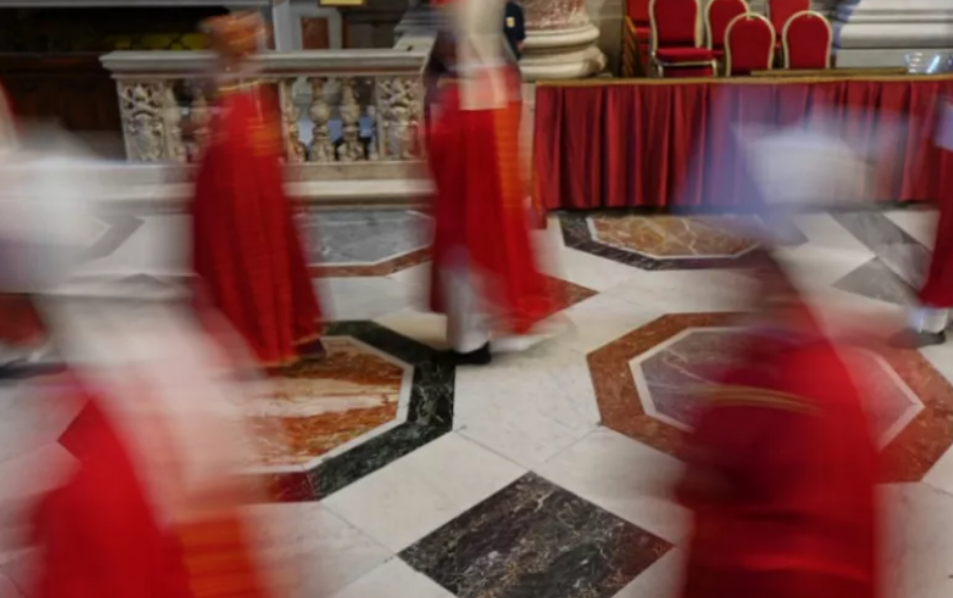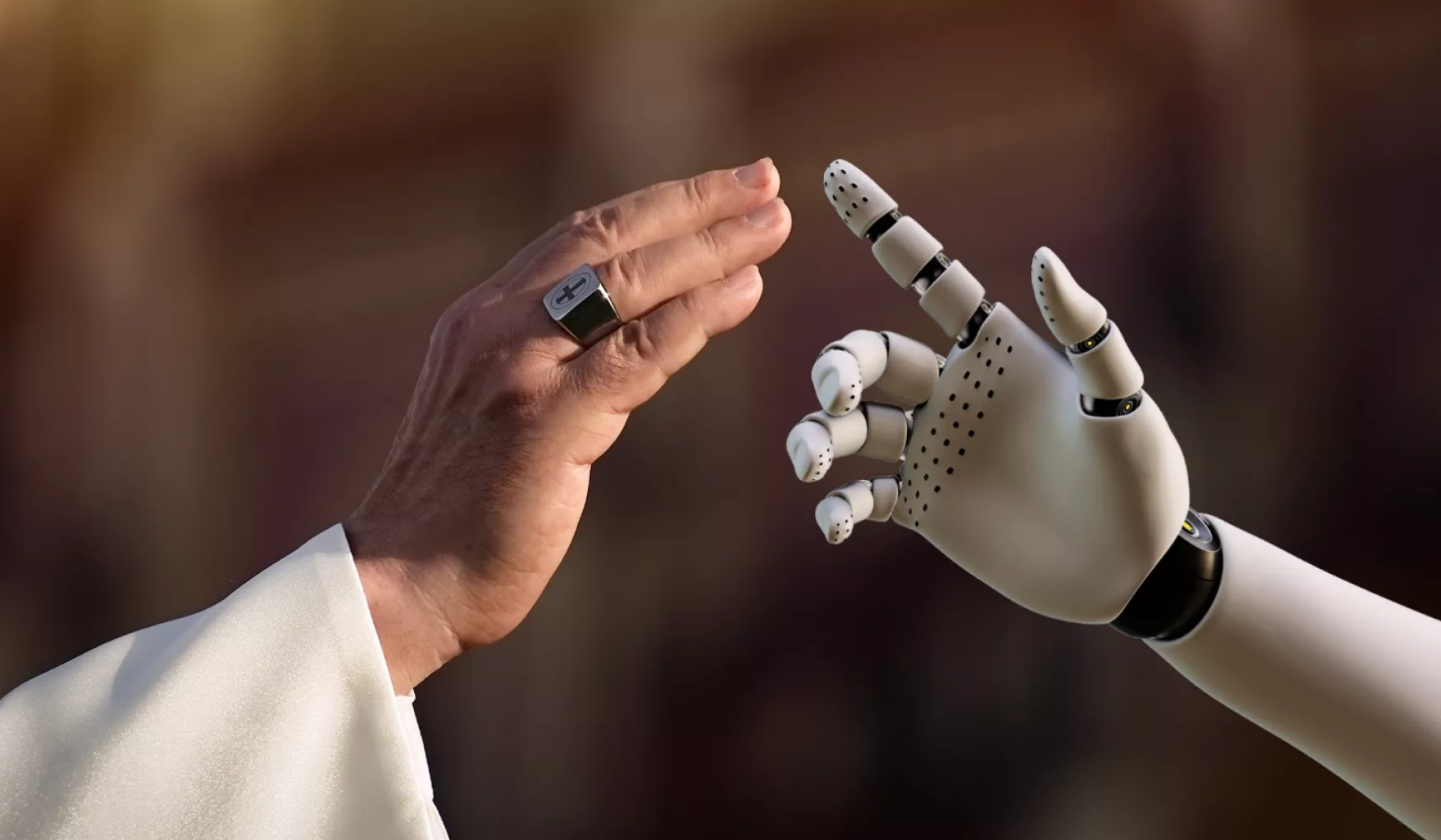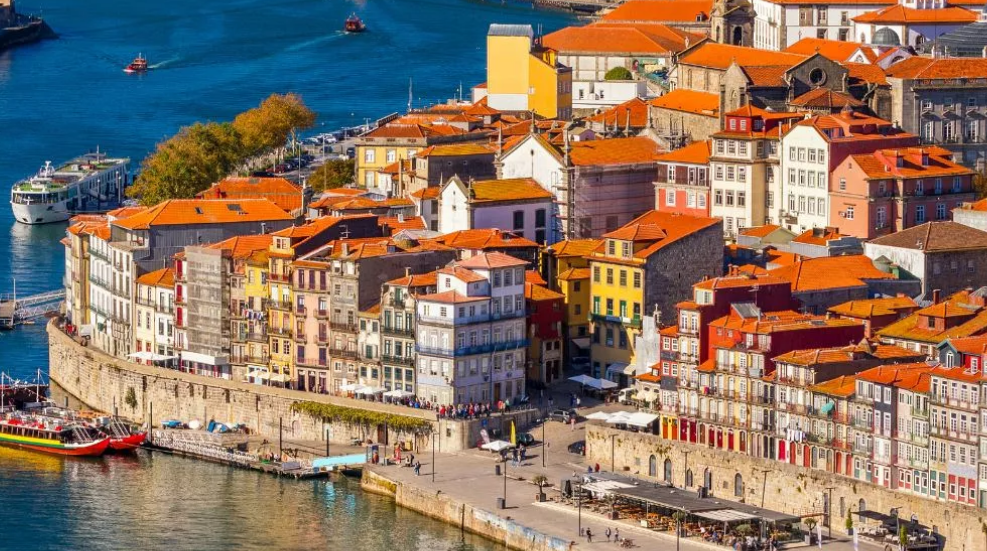Vatican Tightens Security Measures as Conclave to Elect Pope Francis’ Successor Approaches
As the Vatican prepares for the papal conclave to select the next leader of the Catholic Church, securing the confidentiality of the vote is a top priority. The conclave will take place 16 days after the passing of Pope Francis, with around 133 cardinals gathering in the Sistine Chapel to vote. With increasing reliance on technology, the Vatican is intensifying its efforts to safeguard the secrecy of the vote and prevent any leaks.
High-Tech Measures to Ensure Secrecy
To protect the secrecy of the conclave, both the Vatican and Italian authorities have implemented a variety of security measures. A no-fly zone will be enforced, along with advanced anti-drone technology, including “bazookas” designed to neutralize unauthorized drones. Ground-based communication jammers will also be deployed to disrupt any attempts to transmit information. These measures, which were reportedly used during Pope Francis’ funeral, will likely be extended to ensure the security of the papal election.
Security will be managed by the Pontifical Swiss Guard and the Vatican’s Gendarmerie Corps, although specific details regarding their protocols remain confidential due to the sensitive nature of their roles.
Lessons from Previous Conclaves
Looking back to 2013, when Pope Francis was elected, similar security measures were used to ensure confidentiality. Electronic jammers were placed beneath a false floor in the Sistine Chapel to block any unauthorized signals, while a Faraday cage was installed around the chapel to prevent electromagnetic transmissions. It’s expected that similar precautions will be taken during the upcoming conclave.
In 1996, Pope John Paul II instituted a ban on all electronic devices within the conclave, including radios and phones. The Camerlengo, who serves as the temporary head of the Church during the election process, is entrusted with overseeing that no unauthorized devices are used.
The Oath of Secrecy
As part of the confidentiality measures, all individuals involved in the conclave, including staff and officials, are required to take an oath of secrecy. This pledge prohibits the use of any transmitters, cameras, or recording devices without explicit permission. Breaking this oath can result in excommunication, reinforcing the seriousness of maintaining confidentiality.
History of Leaks
Despite the Vatican’s rigorous security measures, leaks have occasionally occurred. In 2005, a German cardinal leaked the selection of Pope Benedict XVI to the press, and Pope Francis himself revealed confidential details about past conclaves in his book, highlighting the challenges of ensuring absolute secrecy.






Leave a Reply